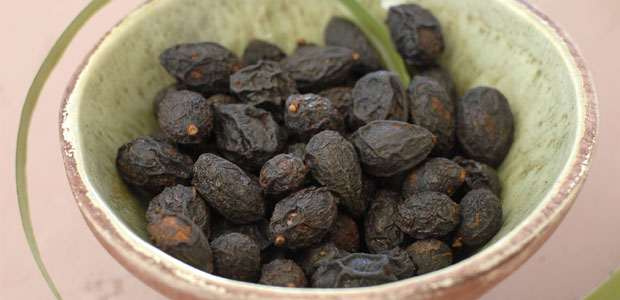Advertisement
Natural Treatment for Benign Prostate Hyperplasia
As men age they become more likely to develop swelling of the prostate, otherwise identified as benign prostate hyperplasia (BPH). It’s quite common for men over 40 to experience a small amount of swelling, and majority of men over 80 will have BPH. Though the cause of BPH is unknown, some experts believe if a … Continued

As men age they become more likely to develop swelling of the prostate, otherwise identified as benign prostate hyperplasia (BPH). It’s quite common for men over 40 to experience a small amount of swelling, and majority of men over 80 will have BPH.
Though the cause of BPH is unknown, some experts believe if a man lives long enough he will undoubtedly experience the condition, suggesting BPH is just a fact of aging.
BPH symptoms
While BPH is not cancerous, nor does it increase a man’s susceptibility to prostate cancer, BPH can be uncomfortable and embarrassing to those who show symptoms. Symptoms may include the following:
- incontinence
- painful urination
- inability to urinate
- straining to urinate
- needing to urinate often during the night
- weak, interrupted urination
Self-care treatment strategies
Thankfully, there are several treatment options available, ranging from lifestyle changes to surgery. Many men report improvements with self-care strategies alone, making surgery a last-ditch effort.
The following tips may help improve symptoms of swollen prostate.
- Use the washroom at any opportunity, even if it feels like you don’t need to go. When you do need to go, do so immediately.
- Limit caffeine and alcohol intake, which increase urination and may worsen symptoms.
- Avoid over-the-counter decongestants or antihistamines, as they inhibit urination.
- Stop drinking fluids at least two hours before bedtime.
- Do pelvic strengthening exercises (Kegels).
- Keep warm, as cold temperatures cause the body to retain water.
- Exercise regularly, as a sedentary lifestyle may worsen symptoms.
Natural prostate support
Additionally, a number of natural herbs and nutrients have also been shown to improve symptoms.
Saw palmetto
The fruit of the saw palmetto plant is used to make medicine for several conditions, primarily those affecting the prostate. A 2011 study showed that those who supplemented with 320 mg of saw palmetto daily reported improved symptoms, reduced urinary obstruction, and ameliorated sexual function.
Lycopene
This carotenoid commonly found in tomatoes and other red fruits and vegetables has been shown to be beneficial to those with BPH. A recent study showed that a dose of 15 mg of lycopene daily inhibited BPH progression.
Selenium
This mineral has been shown to enhance the effects of both saw palmetto and lycopene in the treatment of BPH.
Don’t let benign prostate hyperplasia bring you down. Instead, experience relief with these natural approaches.





